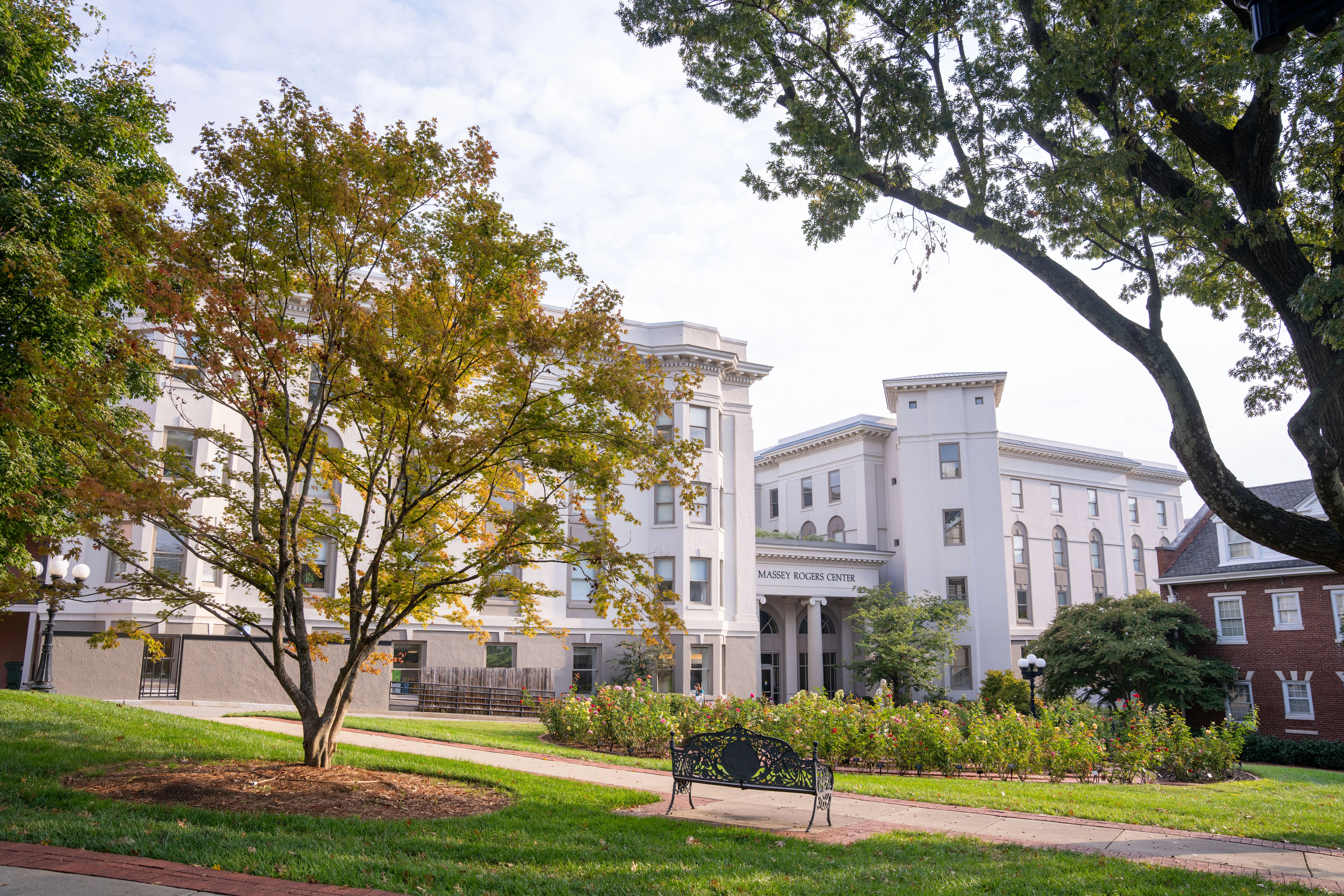I’ve completed all my college applications. Now what?
After submitting your college applications, the waiting period can feel both exciting and nerve-wracking. From monitoring your email to planning your campus visit, here’s a guide to walk you through the next steps.
Use this resource to stay organized, meet deadlines and prepare for the transition ahead.

Monitor Your Email
The first thing you should do after applying is watch your inbox and college accounts closely. Email is the primary way colleges will communicate key updates like decisions about acceptance, rejection or requests for additional materials. Make sure messages from these colleges don’t go to your spam folder and be sure to reply promptly if schools request more documents.
Complete the FAFSA
If you haven’t already, it’s crucial to fill out the Free Application for Federal Student Aid (FAFSA). Use the Belmont FAFSA Guide as a quick reference to make the process easier.
Pro tip: Don’t wait for an admission decision to begin your FAFSA. The first time you fill out the FAFSA, it may be tricky and require a little time. Most financial aid deadlines for regular decision applicants fall between January and March, and waiting could mean missing out.
Apply for Scholarships and Grants
While waiting for decisions, search for scholarships and grants to reduce your college
expenses. Start with Belmont’s scholarship links:
- Universities often award academic and merit scholarships upon acceptance. Contact the admissions office if you have questions about these awards.
- Many majors award department-specific scholarships, so check your intended field.
- Look for private scholarship opportunities through your community or local organizations. Talk to your school counselor to see if they have any suggestions for private scholarship applications.
Seeking a mix of scholarships increases your chances for financial support that you won’t have to repay.

Visit Campus
If you haven’t experienced a campus in person, schedule a visit and register for Preview Day as soon as possible. Doing so gives you firsthand insight into daily life, academics and campus culture. Make the most of your trip using Belmont’s guide: 7 Things to Look for in a Campus Visit That Most Students Miss.
Reach Out to Your Admissions Counselor
Admissions counselors are there to help. Find yours here. Use this time to get answers to deeper questions, such as:
- What percentage of first-year students return for year two?
- How many students graduate?
- Does this school offer my intended major(s)?
- What are the fun and social activities available on campus?
You can also ask to meet with professors or current students in your program while you are on campus. These perspectives will be invaluable as you consider your options. Counselors expect lots of questions, but avoid calling in to ask about updates on your admission status, as offices get very busy.
Follow Universities on Social Media
Stay in the loop by following Belmont and other universities you’ve applied to on social media. Many schools post helpful updates, admitted student events and ways to stay engaged with campus life before you become a student.
 If You Are Accepted
If You Are Accepted
Before you tackle your next steps, take a second to be excited! Receiving an acceptance letter is a major accomplishment, and you should be proud of what you've achieved. There will be more paperwork and decisions ahead, but give yourself permission to celebrate this milestone. This is proof of your hard work and preparation paying off.
Decode Your Financial Aid Package
Review each college’s financial aid offer carefully to understand exactly what is being provided and what your out-of-pocket costs will be. Your award letter may include:
Grants and Scholarships
These are often called merit or academic scholarships. They do not generally need to be repaid and can cover a substantial portion of your tuition or fees.
Loans
Money that is borrowed and will need to be repaid later, typically with interest. Federal loans are usually considered safer than private loans.
Federal Work-Study
Provides funding through part-time jobs on campus. While helpful for ongoing expenses, funds are earned as you work and are not provided upfront.
Net Cost
This is the amount you'll pay after all aid is applied. It factors in tuition, fees, housing and expected aid. Net cost is important for budgeting, and you should compare this across schools to assess the true affordability.
Apply for Housing
Once admitted, complete the housing application promptly for your best choice in residence halls. If you’re interested in Belmont University, see housing assignment information and Belmont’s Res Hall Options.
Attend Admitted Students Events
Take advantage of each university’s admitted student events like Belmont’s Future Bruin Friday and Be Belmont Day. These events are a great way to meet future classmates, learn about campus resources and experience the environment before committing.

Weigh Your Acceptances
Compare your offers systematically. Consider net cost, campus environment, academic programs and your personal interests to make an informed decision about where to enroll.
Finish Senior Year Strong
Don’t fall into “senioritis.” Colleges still require your final transcript and may rescind offers if grades drop. Stay focused and committed through graduation.
If You Are Rejected or Waitlisted
Not getting accepted can be tough, but it’s not the end of the journey. If waitlisted, make sure you follow any steps needed to remain eligible. These steps may include sending updated grades or intent letters. Alternatively, community and junior colleges are cost-efficient choices with strong transfer opportunities. Many students take this route on their way to a four-year degree.
Ultimately, staying proactive and organized during the waiting period sets you up for success, whatever college journey lies ahead.
Learn More
Plan Your Visit to Belmont University.

